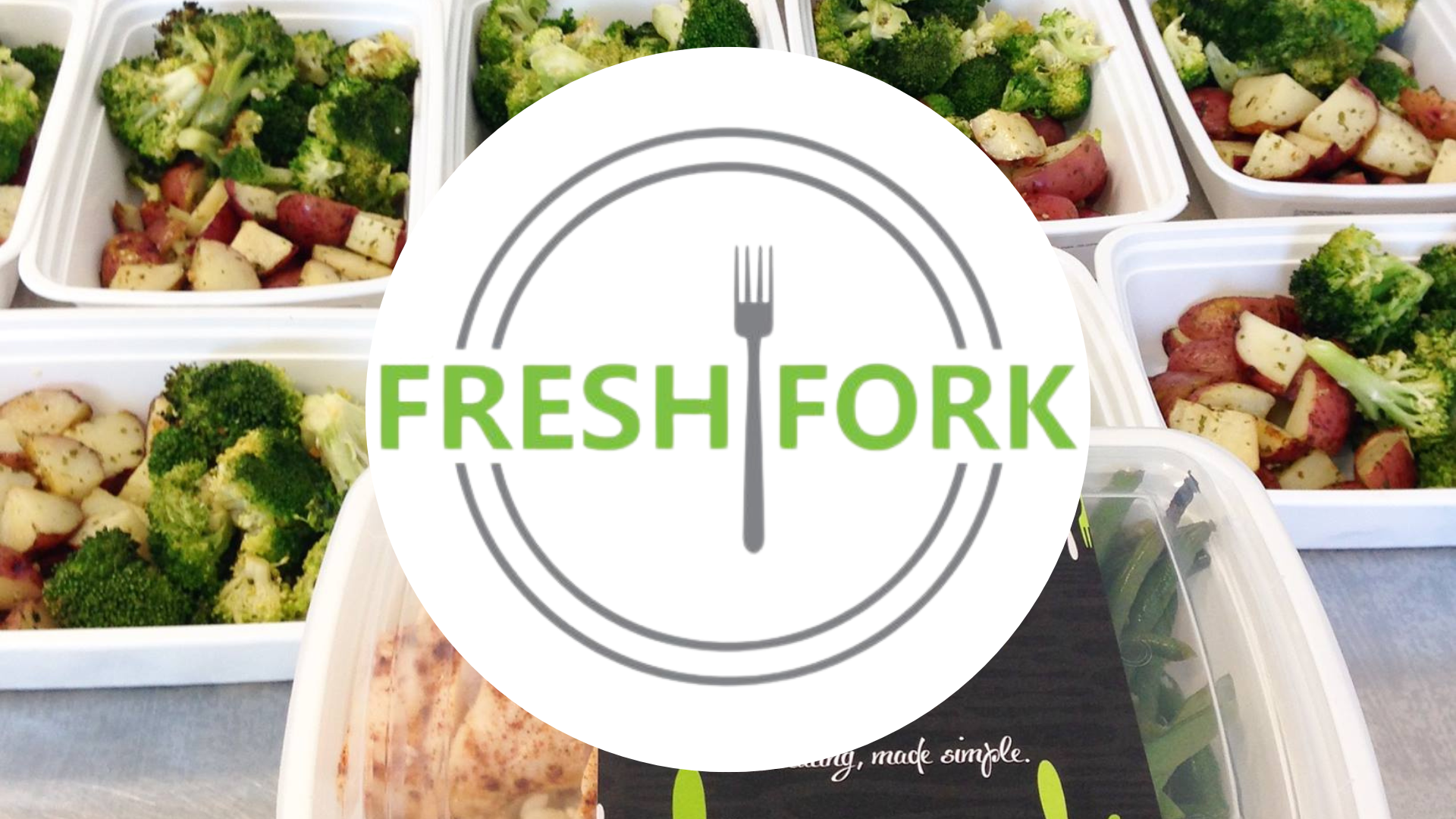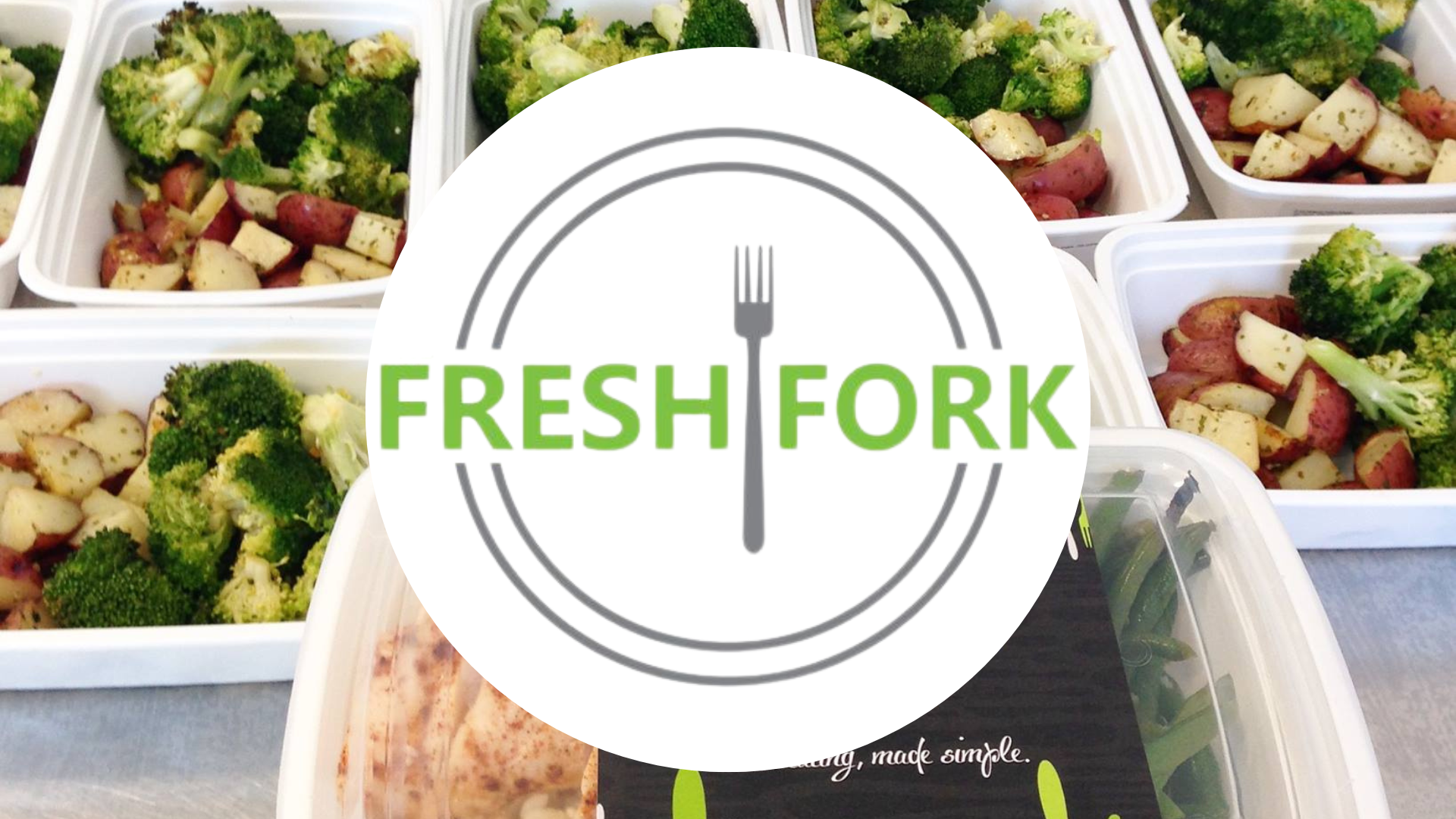
Key Highlights
Discover the connection between your gut microbiome and overall well-being.
Learn to identify common digestive issues and their impact on your health.
Explore Fresh Fork Meals' approach to promoting better digestion through nutritious meals.
Get practical meal prep strategies and learn how to incorporate digestion-friendly ingredients into your diet.
Find out which lifestyle adjustments can significantly impact your gut health.
Introduction
Welcome to Freshforkmeals.com, your go-to source for top tips on fixing your gut and boosting digestion. Keeping a healthy gut microbiome is important for your digestive system to work well. It also affects your overall health a lot. Many things can change the balance of good and bad bacteria in your gut, including the foods we eat and the stress we deal with. In this blog, we will share helpful information and simple tips to improve your gut health and boost your well-being. So, let's dive in and learn how to support your gut health with Freshforkmeals.com in Bloomington, Indiana.
Understanding Gut Health and Its Importance

The gut, which includes your digestive system, is important for breaking down food, absorbing nutrients, and getting rid of waste. A healthy gut has more good bacteria than bad bacteria. This balance helps with good digestion and proper nutrient absorption.
If this balance gets upset, it can cause discomfort like gas, bloating, constipation, or diarrhea. It's also important to know that an unhealthy gut can harm more than just digestion. It can affect your immune system, skin health, and even your mental health.
The role of gut health in overall wellness
A healthy gut, full of good bacteria, is key to overall health. These beneficial bacteria help your body take in nutrients. They ensure you get the vitamins and minerals you need to thrive.
A balanced gut microbiome also supports a strong immune system. It helps block harmful germs, which lowers the chances of getting sick and boosts overall well-being.
Your gut is like a communication center with your brain. It can affect your mood, sleep, and thinking. This is why taking care of your gut health is important. It helps with digestion and also improves your overall well-being.
How digestion affects your body and mind

The digestive tract breaks down food into nutrients that your body needs. A smooth and efficient digestion process is important for our overall health. It affects our energy, mood, and how our immune system works.
The trillions of gut bacteria living in our intestines help with this process. They help to ferment food, produce important vitamins, and keep our immune system strong.
But some things, like a poor diet, stress, and not enough sleep, can upset the balance of good bacteria in our gut. This can lead to problems with digestion and might hurt our mental health. To maintain a healthy gut microbiome, we need to take care of both our physical and mental well-being.
Identifying Common Digestive Issues
Our modern way of living can cause digestive problems. It is important to notice the early signs of an unhealthy gut. This helps us take steps to feel better. Common signs include bloating, gas, constipation, diarrhea, heartburn, and food sensitivities.
If digestive issues keep happening, we should pay attention to them. They could lead to bigger problems in our digestive system. Spotting and fixing these early signs can stop serious issues in the future.
Symptoms of an unhealthy gut
Symptoms like bloating, constipation, diarrhea, and gas often mean your gut is upset. If you often feel uncomfortable after eating, have trouble with regular bowel movements, or notice bloating, it's important to find out why.
Irritable Bowel Syndrome (IBS) can cause stomach pain, cramping, bloating, gas, and changes in bowel habits. Many people face this issue. We do not fully know what causes IBS. However, changing what you eat and your lifestyle can help with symptoms and make your gut health better.
Listening to your body and getting help from a professional when needed can support your digestive issues. This way, you can promote long-term gut health.
The impact of poor digestion on your lifestyle
Poor gut health can have a big effect on your daily life. It can make you feel tired, cause mood swings, and make it hard to focus. When your gut does not work well, it can affect how your body absorbs nutrients. This can lead to low energy, brain fog, and less productivity.
The connection between the gut and the brain shows how our digestive system affects our feelings. Bad gut health is often linked to stress, anxiety, and depression.
Lifestyle factors, such as a bad diet, not enough sleep, and constant stress, can harm gut health. To boost your gut health and improve your well-being, try a holistic approach. This can include stress reduction techniques, regular exercise, and a balanced diet.
Fresh Fork Meals’ Approach to Gut Health
At Fresh Fork Meals, we know how important a healthy gut is for your well-being. We believe in using fresh and wholesome ingredients. Our recipes are specially made to support good digestion and improve your gut microbiome.
We don't just deal with quick digestive symptoms. Instead, we aim to provide meals that nourish your body inside and out. This helps promote long-term gut health and overall well-being.
How our menu items promote better digestion
Our culinary team creates menus with easy-to-digest ingredients. This helps reduce issues like bloating and indigestion. We use cooking methods such as steaming, baking, and grilling. These ways keep nutrients while making digestion easier.
We know that a diet full of probiotics is beneficial. That’s why we include fermented foods, which are a natural source of good bacteria, in our menus. You will see options like kimchi, sauerkraut, and kefir. These items are carefully chosen and prepared to add tasty flavors and support your gut microbiome.
Our menu can help with digestion, but we also see the benefit of probiotic supplements at times. We recommend talking to your healthcare provider or a registered dietitian to find out if probiotic supplements are right for you and your health goals.
Spotlight on digestion-friendly ingredients
At Fresh Fork Meals, we focus on ingredients that are kind to your stomach. This helps you have a healthy gut. We use whole grains like quinoa, brown rice, and oats. These grains are high in fiber, which is good for beneficial bacteria in your gut.
Fiber is very important. It helps with regular bowel movements and stops constipation, making your gut happier and healthier. Our meals are filled with colorful fruits and vegetables. They give you vitamins, minerals, and antioxidants, which support a strong gut microbiome.
We also think healthy fats are key to a balanced diet and help with digestion. We add foods like avocado, nuts, and seeds to our meals. This not only makes the meals tastier but also helps your body absorb important nutrients better.
Meal Prep Strategies for Improved Digestion

Eating meals that are good for your gut can fit easily into your busy life. With some planning and smart choices, you can enjoy tasty meals that help your gut without taking too much of your time.
Meal prepping is a great way to make sure you always have healthy meals ready. By spending a few hours each week getting your meals ready in advance, you can steer clear of unhealthy food options. This will help you stick to a more balanced diet that is friendly to your gut health.
Planning your meals for optimal gut health
Planning your meals carefully can really help your digestive health. Here are some easy tips to get you started:
Prioritize fiber: Add different sources of soluble and insoluble fiber to your meals. Soluble fiber, found in oats and legumes, helps make stool soft and encourages regularity. Insoluble fiber, which you can find in whole grains and vegetables, adds bulk to your stool and can stop constipation.
Hydrate consistently: Make sure to drink plenty of water every day. This will help your body digest food and absorb nutrients well.
Limit processed foods: Try to eat fewer processed foods. They often have added chemicals and unhealthy fats that can affect your gut bacteria and lead to inflammation. If you have a condition like inflammatory bowel disease (IBD), talk to a dietitian to find out what foods are right for you.
Incorporating fermented foods into your diet
Fermented foods are rich in probiotics and have many benefits for your gut health and overall health. Here’s how you can add them to your daily life:
Start Slowly: If you are new to fermented foods, begin with small amounts. Slowly increase your intake as your gut gets used to them. You can enjoy snacks like yogurt or kefir, have them as side dishes, or mix them into your meals.
Explore Variety: Try different kinds of fermented foods to find the ones you enjoy. Kimchi, sauerkraut, miso, and kombucha are great choices that add beneficial bacteria to your diet.
Keep in mind that lactose intolerance is not the same as having gut health issues. Some fermented foods may have lactose in them. Always check the labels and pick lactose-free options if needed.
Lifestyle Adjustments for a Healthier Gut
A balanced diet is very important for good gut health. However, some lifestyle factors can also affect your digestive system. Making small changes in your daily routine can really help your gut microbiome and your overall well-being.
You can manage stress and include regular physical activity. These are simple ways to improve your gut health.
The importance of staying hydrated
Drinking plenty of water each day is important for a healthy digestive system. Staying hydrated helps food move smoothly through your digestive tract. This can prevent constipation and promote regularity.
Water also helps break down food and allows your body to absorb nutrients better. Good hydration creates a healthy environment for beneficial bacteria in your gut, which supports digestion and gut health.
Make it a habit to drink water by carrying a water bottle and sipping on it throughout the day. Keep in mind that everyone has different hydration needs. Listen to your body, and change your water intake as needed, especially in hot weather or after exercise.
Exercise routines that encourage digestive health
Engaging in regular physical activity is good not just for your physical health but also for your gut health. Exercise helps the muscles in your digestive tract. This movement helps food travel efficiently through your body. As a result, it can help stop constipation, lessen bloating, and improve how your body absorbs nutrients.
Also, studies show that regular exercise can have a positive effect on your gut microbiome. Exercise can increase the variety of good bacteria in your gut, which helps with digestion and supports your immune system.
In addition to helping your digestive system directly, exercise is a great way to reduce stress. Less stress means lower stress hormones. Since stress can upset the balance of bacteria in your gut and worsen digestive symptoms, exercising can help keep your gut healthy.
Conclusion
In conclusion, taking care of your gut health is very important for your overall well-being. Knowing how digestion affects your body and mind can help you make smart choices. Fresh Fork Meals has a special menu that aims to support better digestion with friendly ingredients. By planning your meals carefully, adding fermented foods, drinking enough water, and staying active, you can help your gut get healthier. Start looking after your digestive health today. Sign up to check out the benefits of a gut-friendly diet. Your gut is important for your health, so make mindful choices for better digestion.
Frequently Asked Questions
What are the best Fresh Fork meals for gut health?
Our meals are great choices because they include anti-inflammatory ingredients, high fiber, lean proteins, and foods rich in probiotics. You can find options filled with colorful vegetables, whole grains, and fermented foods. These help support your gut in the best way.
How often should I eat fermented foods?
The best frequency for eating fermented foods for good gut health differs for each person. Adding different fermented foods two to three times a week can help improve your gut bacteria and boost your immune system.
Can meal prep help with weight management?
Sure! Meal prep helps you control portion sizes. It also cuts down on unhealthy food choices that you might make on the spot. This can help you manage your calorie intake. By focusing on healthy foods, meal prepping supports a balanced lifestyle. This can lead to weight loss and help keep your metabolism healthy.









